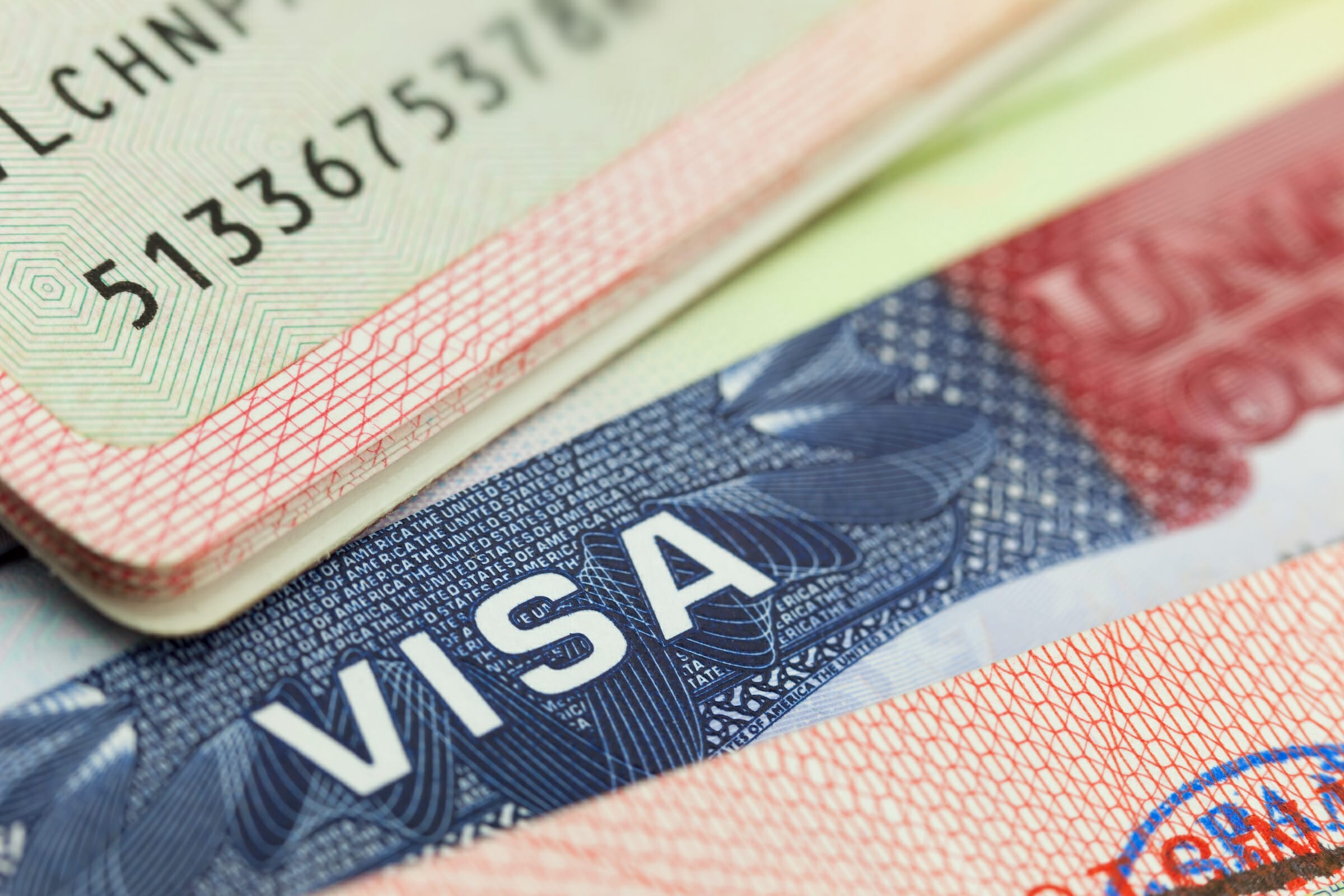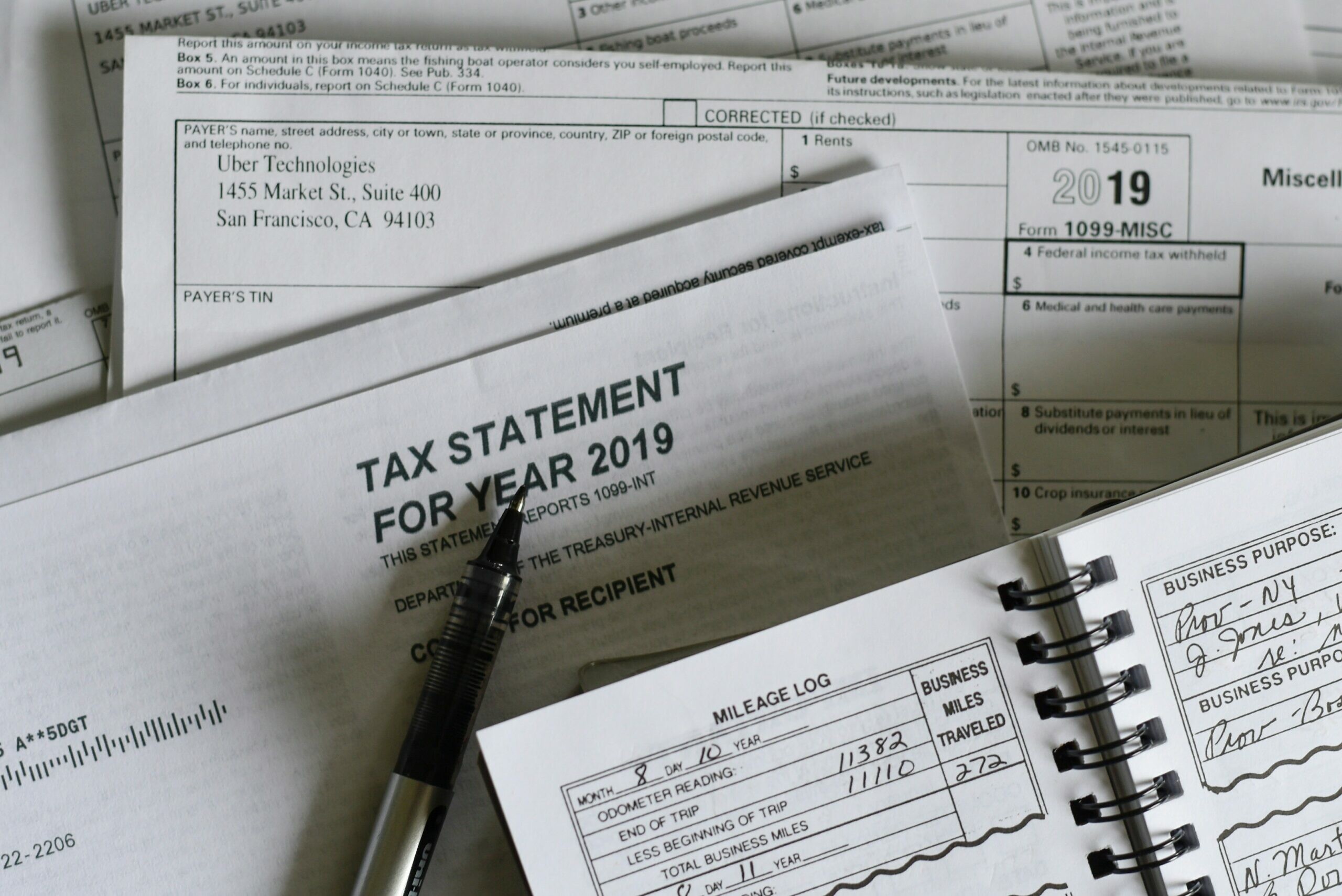Bail and Bail Bonds in Thailand. Finding yourself or a loved one facing arrest in a foreign country can be a terrifying experience. Thailand, with its distinct legal system, throws additional complexities into the mix. If you’re arrested in Thailand, understanding bail and bail bonds becomes crucial for securing release and ensuring a fair legal process.
Understanding Bail in Thailand
- Right to Bail: Thailand upholds the principle of bail, allowing most accused individuals to seek temporary release from custody while awaiting trial. This is enshrined in Section 106 of the Thai Criminal Procedure Code.
- Pre-Set Amounts: Unlike some jurisdictions, bail amounts for many offenses in Thailand are pre-determined by law. This offers some predictability when compared to judge-discretionary bail systems.
- Judge’s Approval Needed: Even after paying the pre-set bail amount, a judge must still approve the release. This approval considers factors like flight risk, potential witness tampering, and the severity of the alleged crime.
Types of Bail in Thailand
- Cash Bail: The most common form, it involves depositing the pre-set amount with the court in cash. This money is returned if the defendant adheres to court appearances and doesn’t violate bail conditions.
- Property Bond: Instead of cash, defendants can offer valuable assets like land or vehicles as security for bail. The court holds the title deed or registration documents until the case concludes.
- Surety Bond: This less common method involves a third party, usually a Thai citizen or a registered bail company, guaranteeing the defendant’s court appearances. If the defendant fails to appear, the guarantor forfeits a pre-agreed sum to the court.
The Role of Bail Bonds in Thailand
- Limited Application: Unlike common practices in some Western countries, Thailand doesn’t have a widespread commercial bail bond industry. Licensed bail companies do exist, but their role is primarily acting as guarantors for surety bonds.
- Fees and Collateral: These companies charge a fee for their services, typically a percentage of the bail amount. Additionally, they might require some form of collateral from the defendant or a guarantor to mitigate their risk.
Important Considerations
- Seek Legal Counsel Immediately: Navigating the Thai legal system, especially after an arrest, is highly advisable. A qualified lawyer can advise on the best course of action regarding bail, negotiate bail terms, and ensure your rights are protected.
- Beware of Scams: Unfortunately, scams targeting foreigners facing arrest do occur in Thailand. Be wary of unsolicited offers of assistance, and only deal with reputable lawyers and registered bail companies.
- Transparency is Key: Ensure clear communication with your lawyer and any bail company involved. Understand all fees, terms, and potential risks associated with the bail process.
Beyond the Basics: Additional Complexities
- High Bail Amounts: While some offenses have relatively low bail amounts, others, particularly drug-related charges, can carry hefty bail prices in the millions of Thai baht.
- Lengthy Detention: The court approval process for bail can take time, leading to extended pre-trial detention. Having a lawyer advocate for your release is crucial during this period.
- Immigration Concerns: Foreigners facing arrest might also have immigration complications. Your lawyer can advise on potential deportation risks and how to manage them alongside the criminal case.
Conclusion
Understanding bail and bail bonds in Thailand is essential if you find yourself caught up in the legal system. While the process can be daunting, seeking legal counsel and understanding the different options available empowers you to navigate the situation effectively. Remember, a well-informed approach can significantly increase your chances of securing release and achieving a just outcome.






